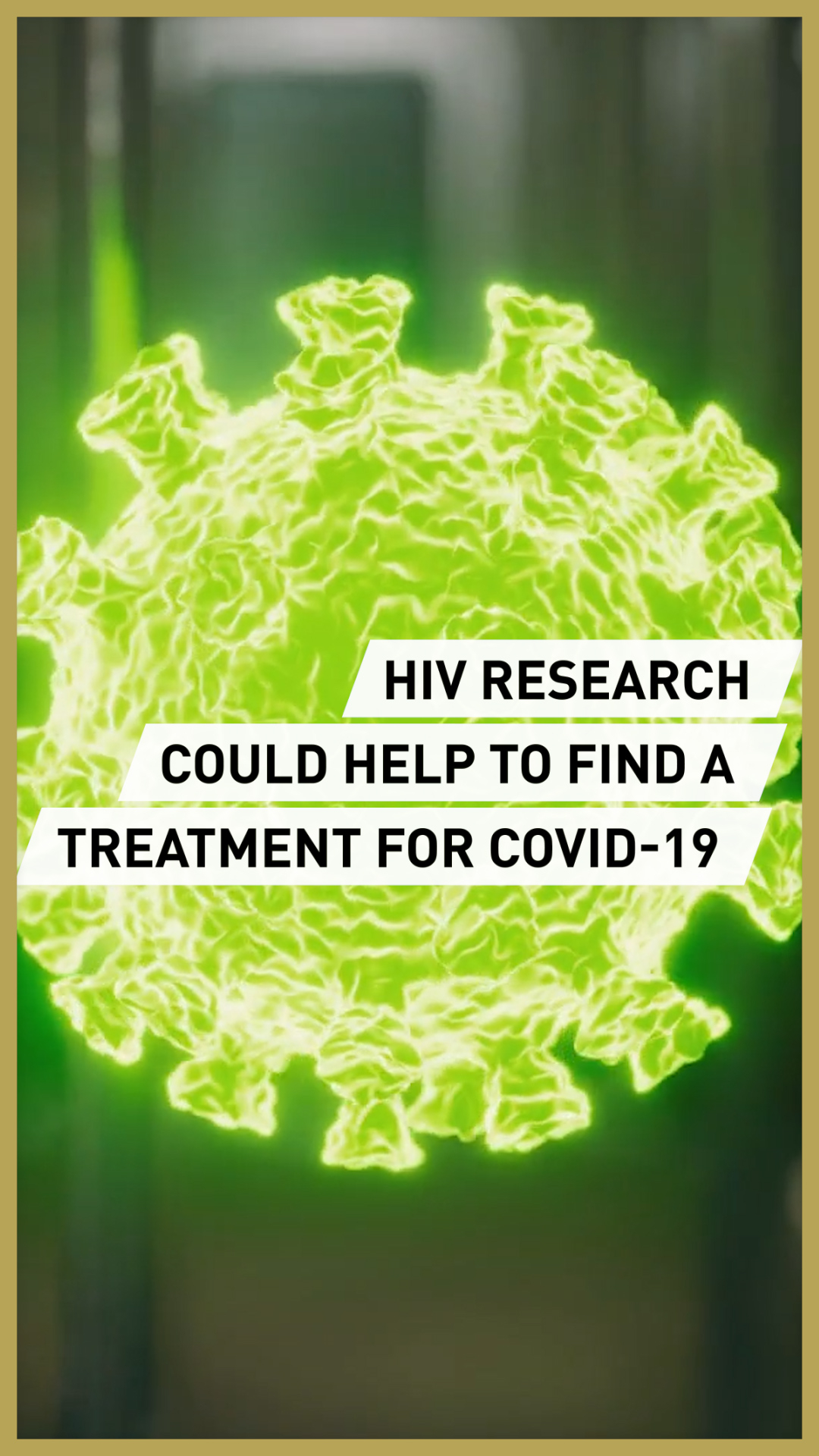03:19

The race is on to develop a COVID-19 vaccine from the blood of survivors. Scientists from around the world are working together to find an effective antibody against the virus that could also treat the diverse coronavirus family.
Antibodies are a protein produced by white blood cells or plasma to clear pathogens such as bacteria or viruses from our bodies. Antibodies have been used highly effectively to treat certain diseases and cancers and are generally very safe.
At the International AIDS Vaccine Initiative (IAVI) in California, scientists have historically worked on finding a vaccine to protect against HIV but they've expanded their work to look at other diseases and even a universal snake antivenom. That experience could now give them the edge with COVID-19.
For more than 20 years, scientists have been working on an HIV vaccine. The virus is complicated and variable, which is why it's so difficult to develop antibodies that can cope with the diversity within it. The research parallels the conundrum with treating snake bites, as different snakes produce different venoms. But COVID-19 is not as complicated.
RAZOR's Emma Keeling spoke to Devin Sok, director of Antibody Discovery and Development at IAVI, who explained why the science behind HIV research could help speed up the process to find a treatment for COVID-19.